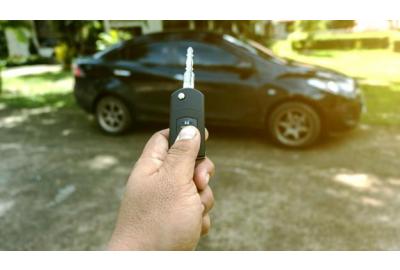
So, What Is Excess Insurance?

Most people are likely to have encountered the principle of excess when applied to most forms of general insurance – motor and household insurance in particular. What might be less widely known, however, is the concept of excess insurance. It may be helpful to take a closer look at how these principles work:
What Is Excess?
An excess is an amount you agree to pay – indeed, must pay – in the event of making a claim on the relevant insurance policy.
Why Is An Excess Used?
Since the whole point of insurance is to avoid your having to pay to repair or replace any loss or damage, it is reasonable to ask why excess is so widely used – it is the first part of any claim, after all, which you remain responsible for paying.
One reason – suggested by the website Driving Test Tips – is simply to discourage the insured party from making small claims, which may take the insurer a disproportionate administrative cost to settle. A further reason, though, is to encourage the insured to share the risks with the insurer – an excess is effectively an uninsured risk, which the insured is personally responsible for shouldering.
Voluntary Excess
The concept of sharing the risk of loss or damage with your insurer also helps to explain why anyone might consider accepting not only a compulsory excess – on which the insurer insists – but also agreeing to additional, voluntary excess.
Clearly, the greater the risk you assume, the less it needs to be borne by the insurer – with the result that the necessary premiums may be reduced in price.
Typically, therefore, an individual in search of motor or household cover might agree to an additional voluntary excess in order to reduce the cost of premiums.
Excess Insurance
It may be all very well enjoying lower insurance premiums through a higher excess, but if a claim needs to be made you then have to find a potentially large sum to contribute yourself.
That is unless you have had the foresight to consult a specialist in excess insurance cover – such as those of us here at Bettersafe – to purchase a simple, standalone form of cover that saves you paying any amount of excess (provided, of course, that you have bought the appropriate level of cover).
In terms of motor insurance, private motor excess cover from Bettersafe goes one step further by actually paying a garage repairing your car directly – so that you do not have to first pay the excess and then claim its reimbursement after the event.
Knowing that you are able to cover any amount of excess in this fashion might give you the confidence and reassurance to accept both compulsory and voluntary excesses to reduce the cost of premiums for the principal insurance to its lowest.
Whether or not you welcome the opportunity to share the risk of loss or damage by agreeing to excess payment to your insurer, the knowledge that the excess itself may be safely protected might effectively dispel any concern you may have about paying such an amount.




